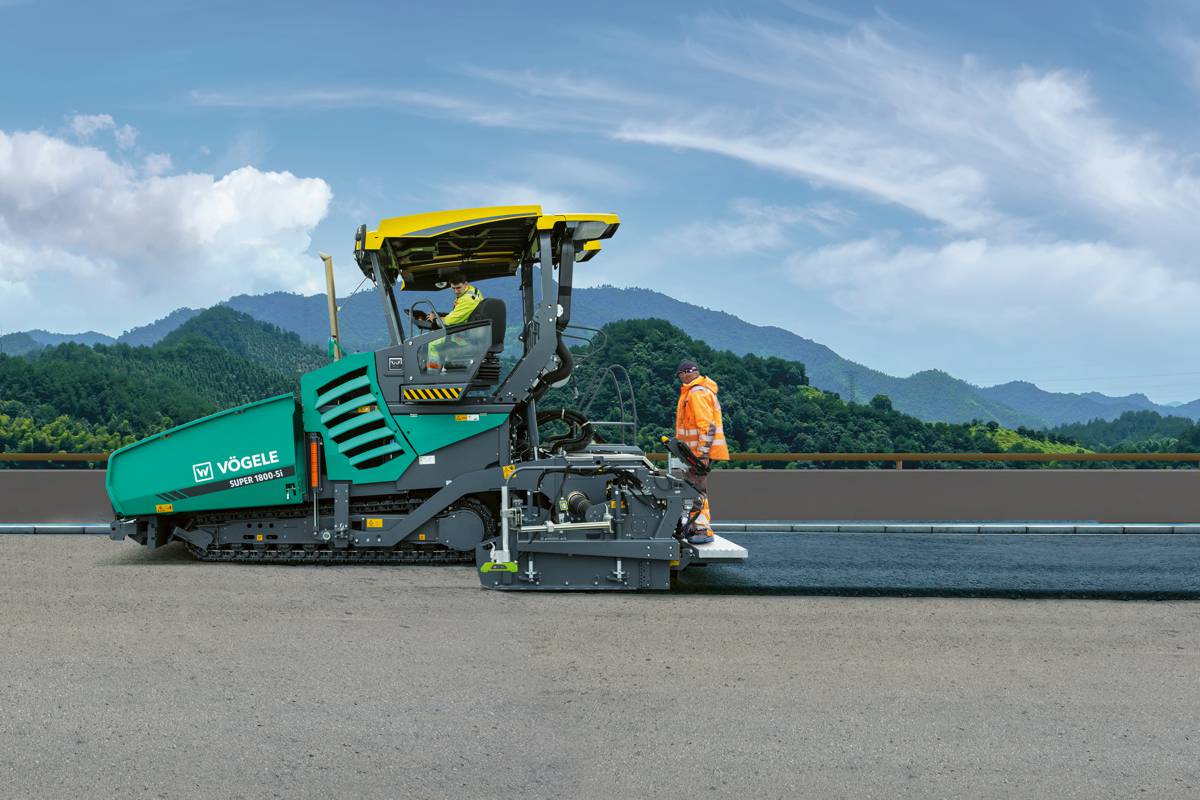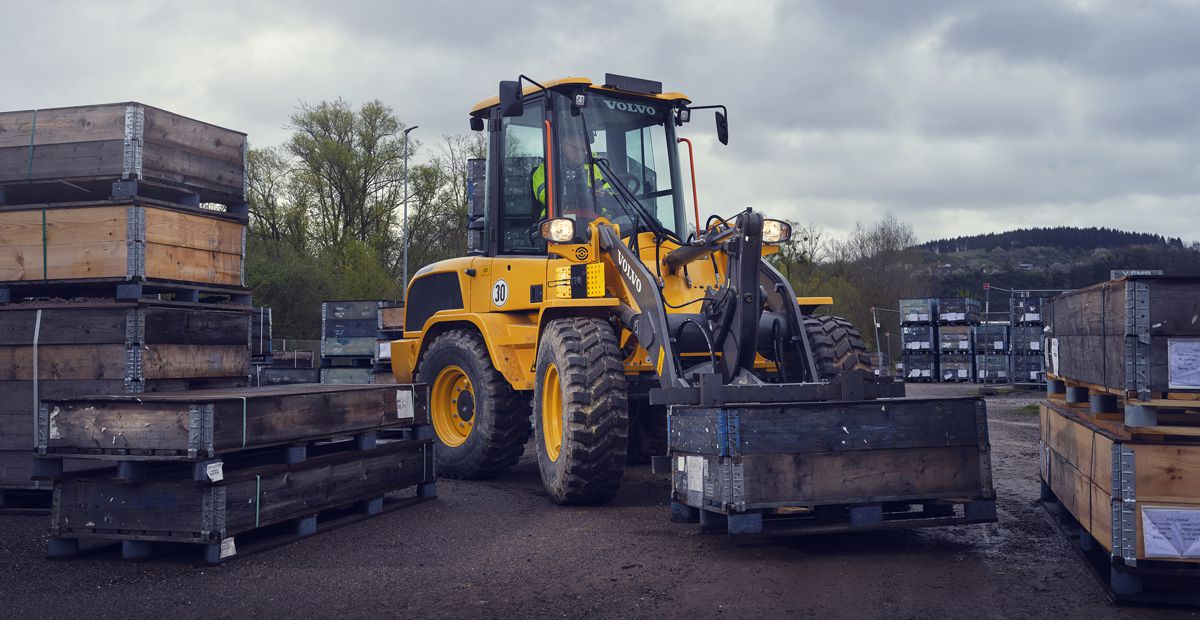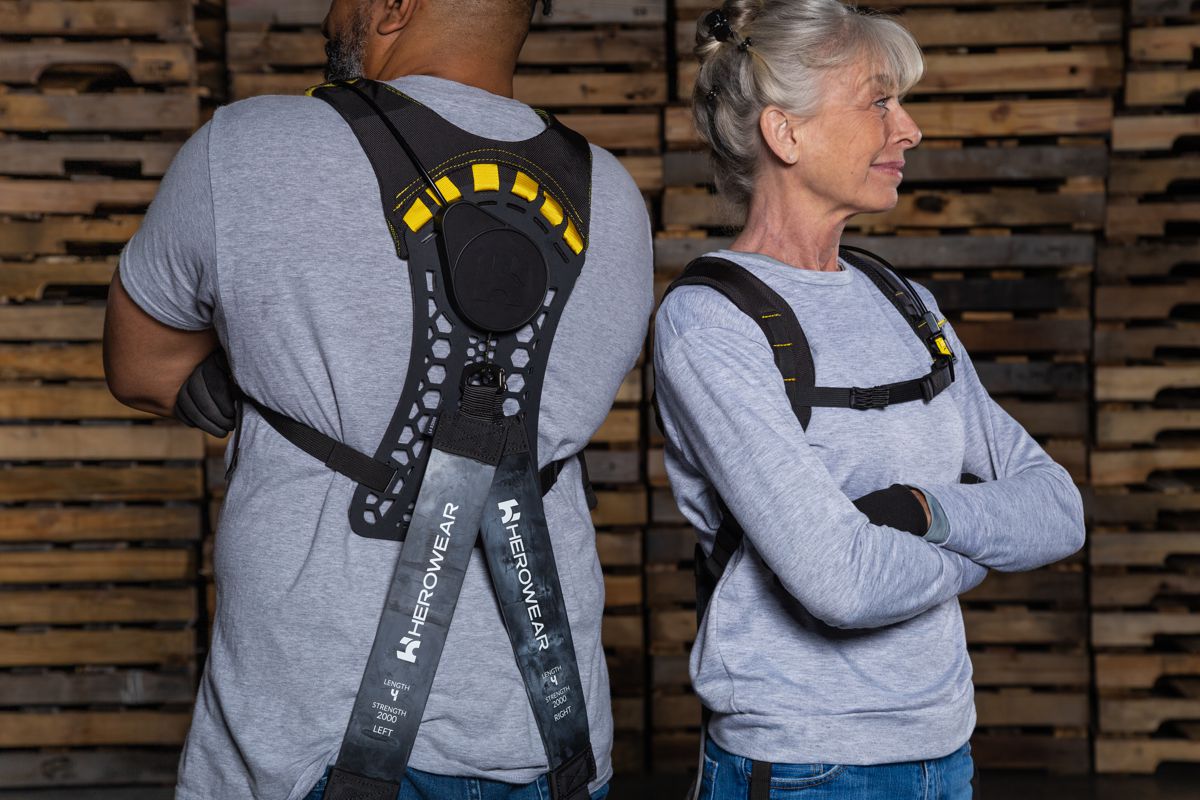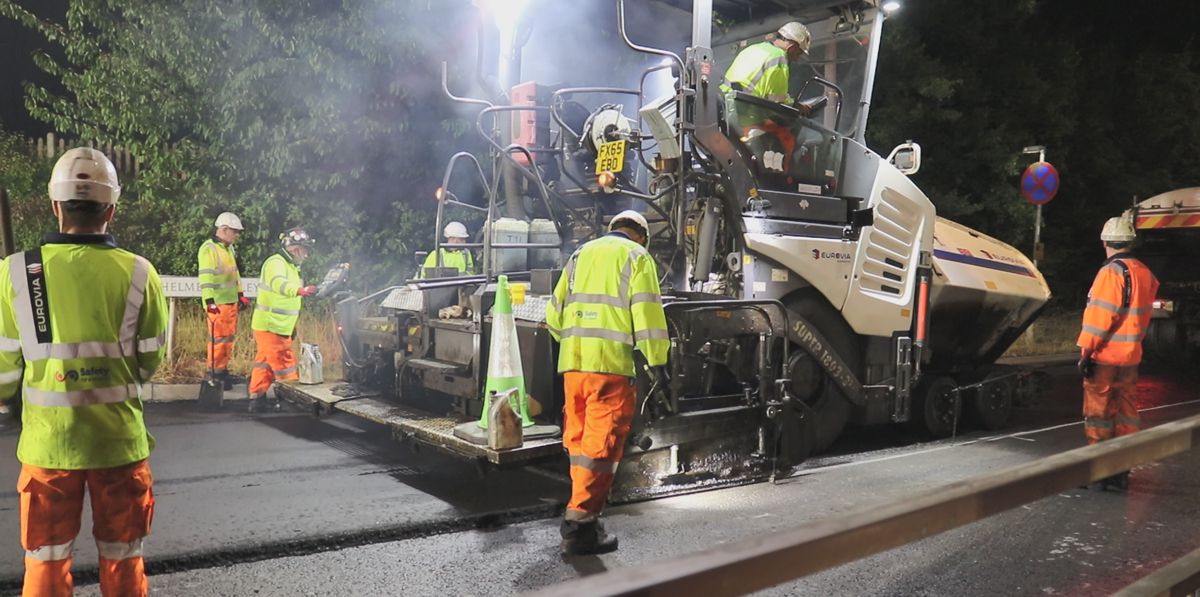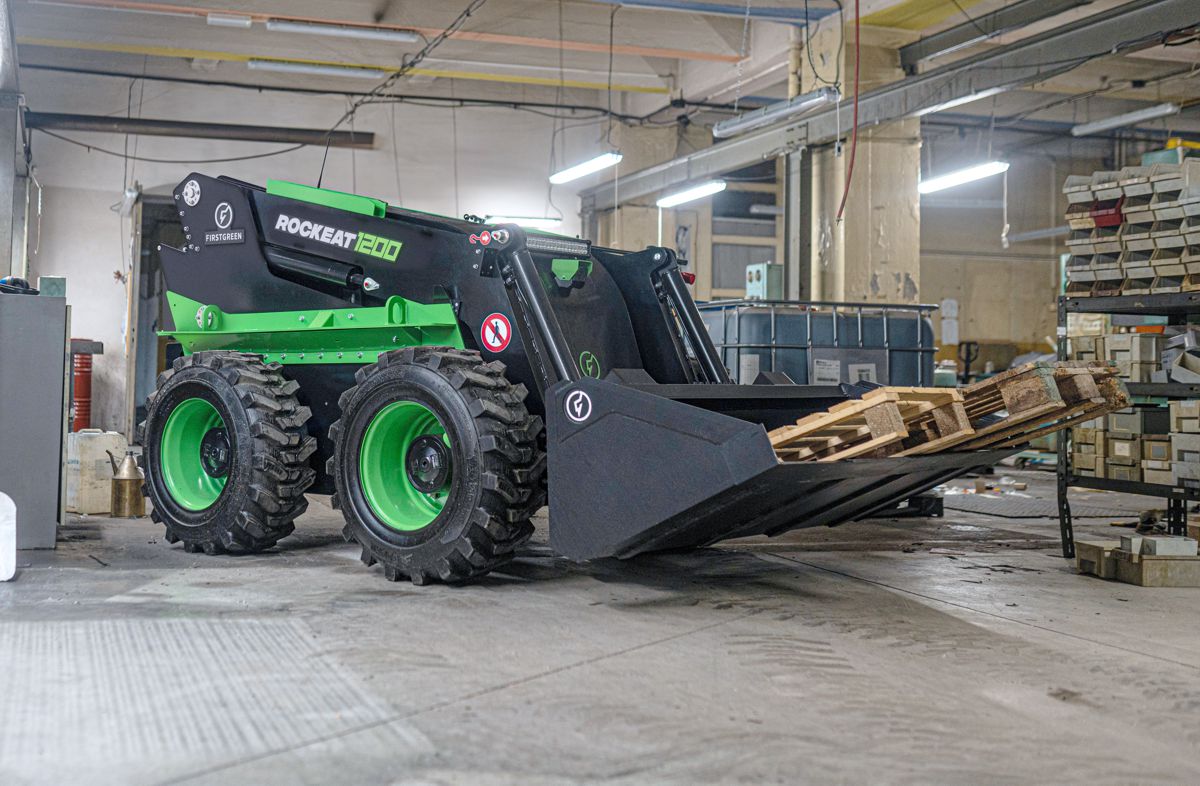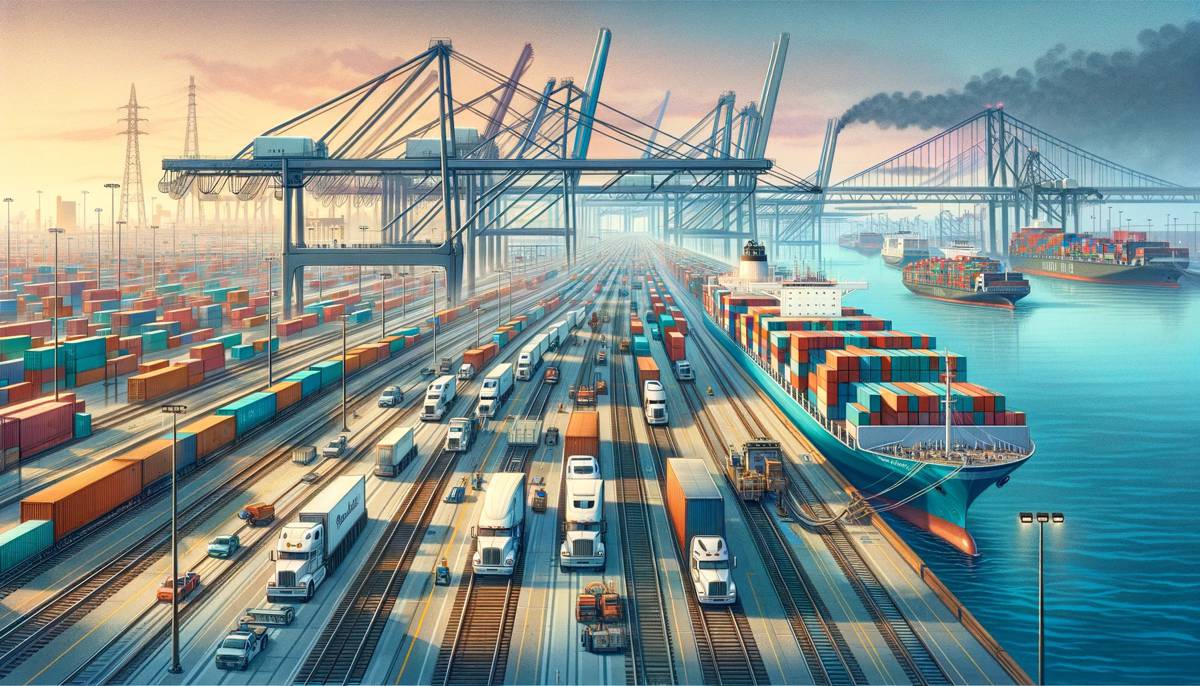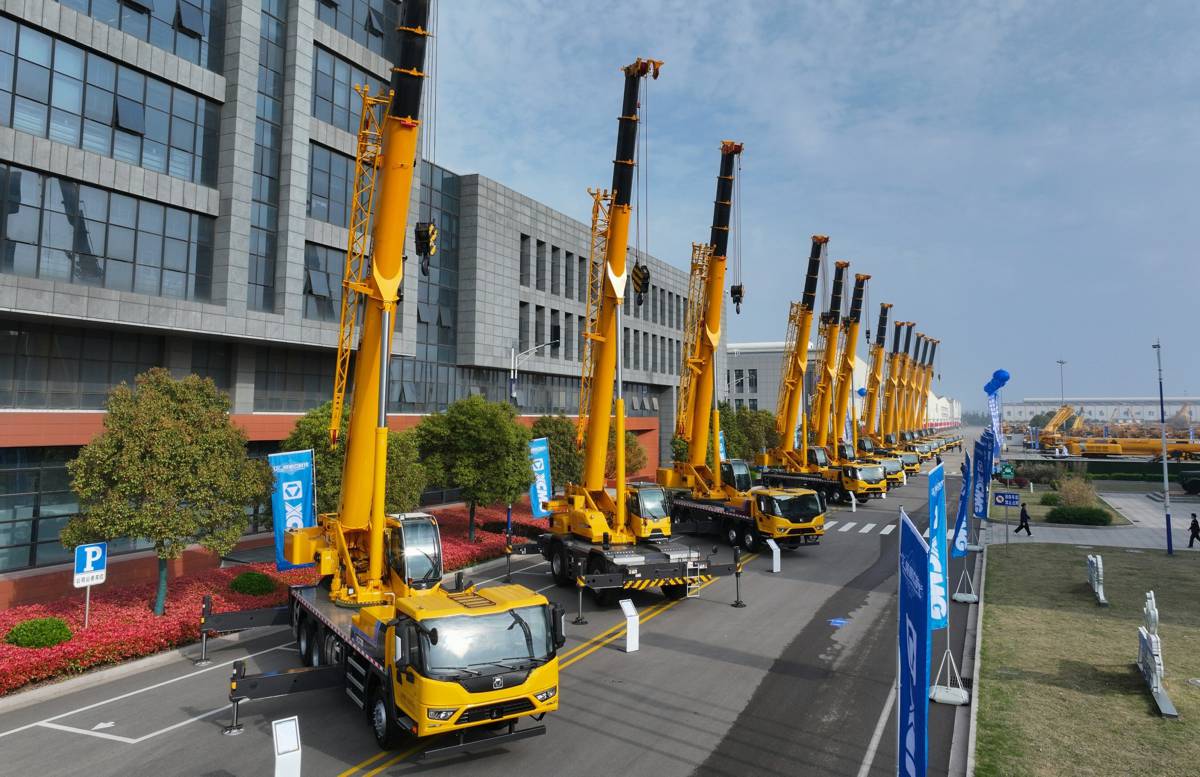JCB a British success story continues expanding on a global scale
JCB, the world’s third largest construction equipment brand by volume, has 22 plants on four continents: 11 in the UK and others in India, Brazil, the USA, China and Russia. The company employs more than 15,000 people worldwide.
JCB is privately-owned by the Bamford family and the company was founded on October 23rd, 1945, by the late Joseph Cyril Bamford CBE. His son Anthony was born on the same day as the company was founded and has been at the helm as Chairman since 1975. He is now Lord Bamford after Her Majesty The Queen conferred the honour of a Life Peerage upon him in 2013.
Earnings for 2017 on an EBITDA basis were £341 million (2016: £287 million). Sales turnover rose by nearly 28% to £3.35 billion (2016: £2.62 billion), while machine sales increased to 75,693 (2016: 66,011).
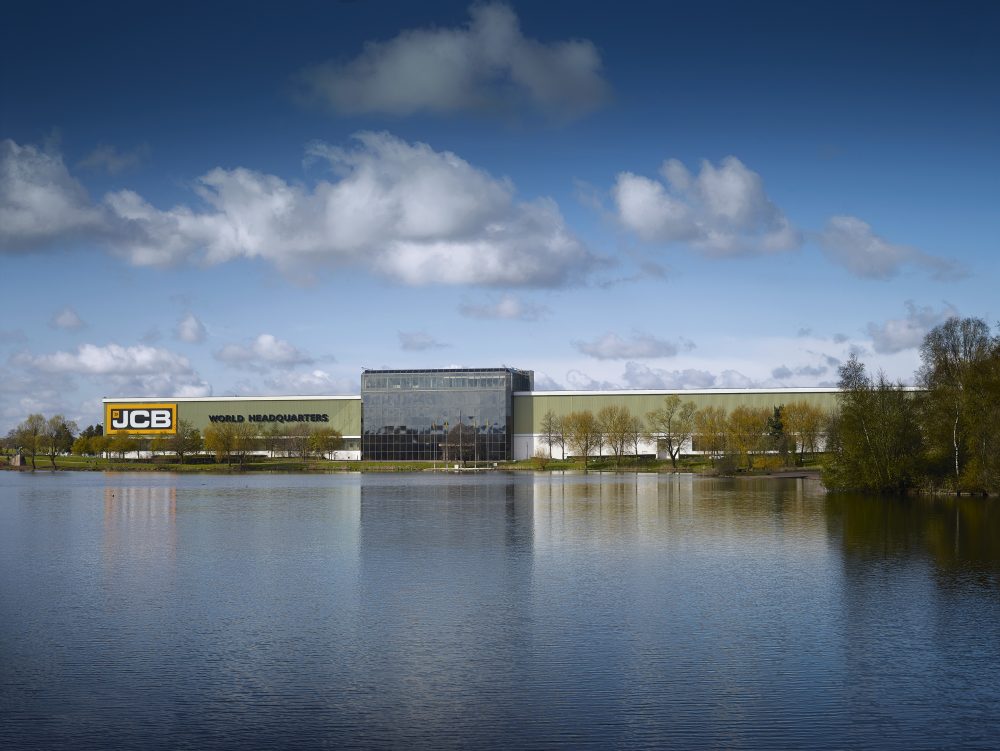
Research published in 2013 shows that JCB supports 24,000 jobs in the UK and contributes £545 million to the Exchequer and generates £1.4 billion of GDP. The analysis conducted by Oxford Economics concluded that for every full-time JCB employee in the UK (6,000 in total), another three employees (18,000 in total) are engaged in the UK supply chain to support JCB’s activities. JCB’s total economic contribution equates to 0.9 per cent of the UK’s manufacturing GDP.
In 2013 the company celebrated the production of its one millionth machine – enough diggers to stretch from the UK to Australia. The millionth machine, a 22 tonne JS220 tracked excavator, was produced in shimmering silver to mark the milestone.
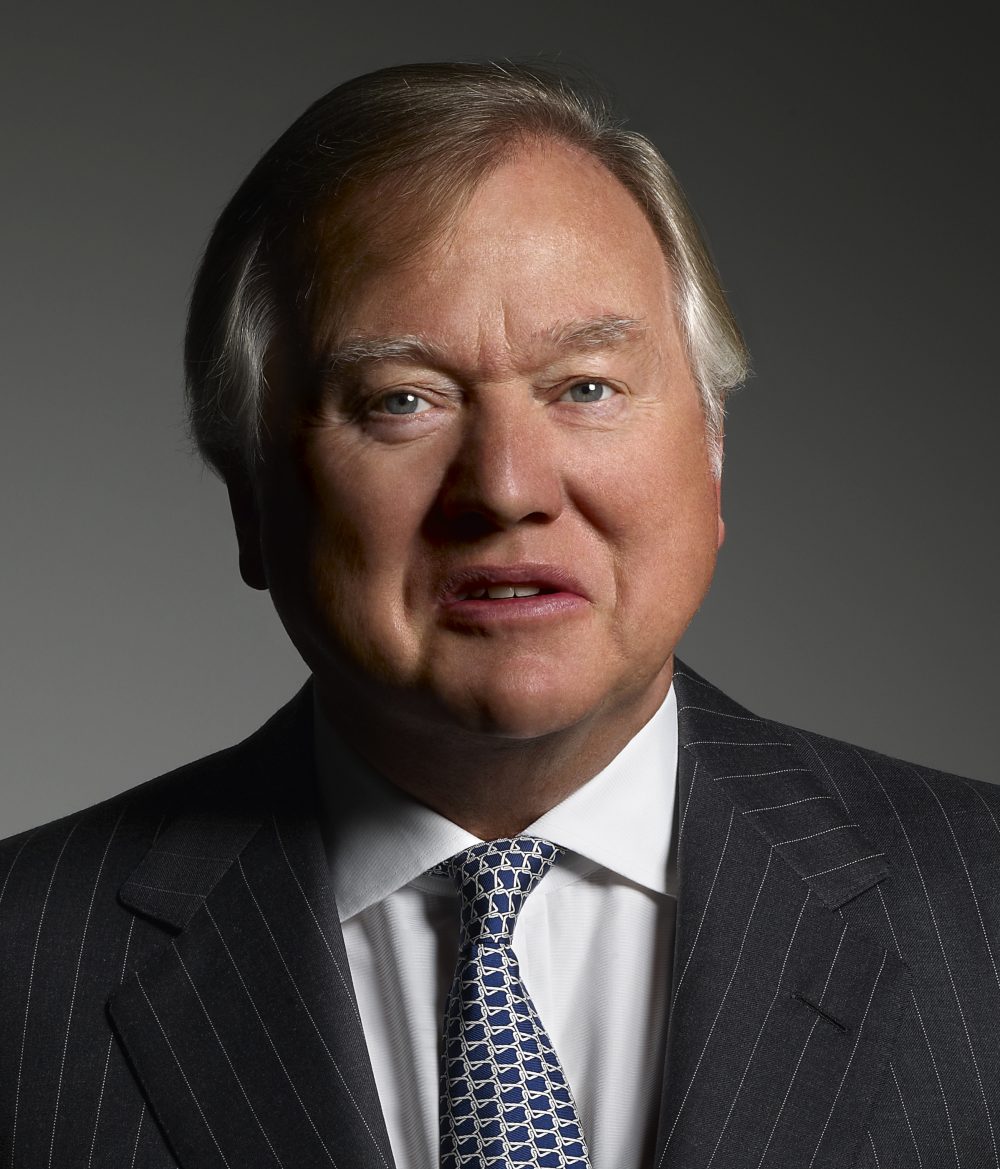
In 2018 work began on a new £50 million British plant to manufacture cabs for JCB machines in Uttoxeter, Staffordshire. The 350,000 sq ft facility is adjacent to the A50 trunk road and next to two existing JCB plants. The hi-tech factory will have the capacity to produce around 100,000 cabs a year. It will include a computer controlled production line, fully-automated painting facility and robotic welding and will create more than 200 new jobs by 2022. It is due for completion in the summer of 2019.
JCB is also investing £65 million in a new plant in India as the company prepares to celebrate 40 years of manufacturing in the country in 2019. The new factory will be located in Vadodara near the port city of Surat in the State of Gujarat on the West Coast of India and will fabricate parts for global production lines as the company prepares to meet increased demand. JCB Chairman Lord Bamford laid the foundation stone for the new plant which will be JCB’s sixth factory in India – a country which has been JCB’s biggest single market since 2007. JCB opened two new plants in Jaipur in 2014 and the new factory is due for completion in 2020
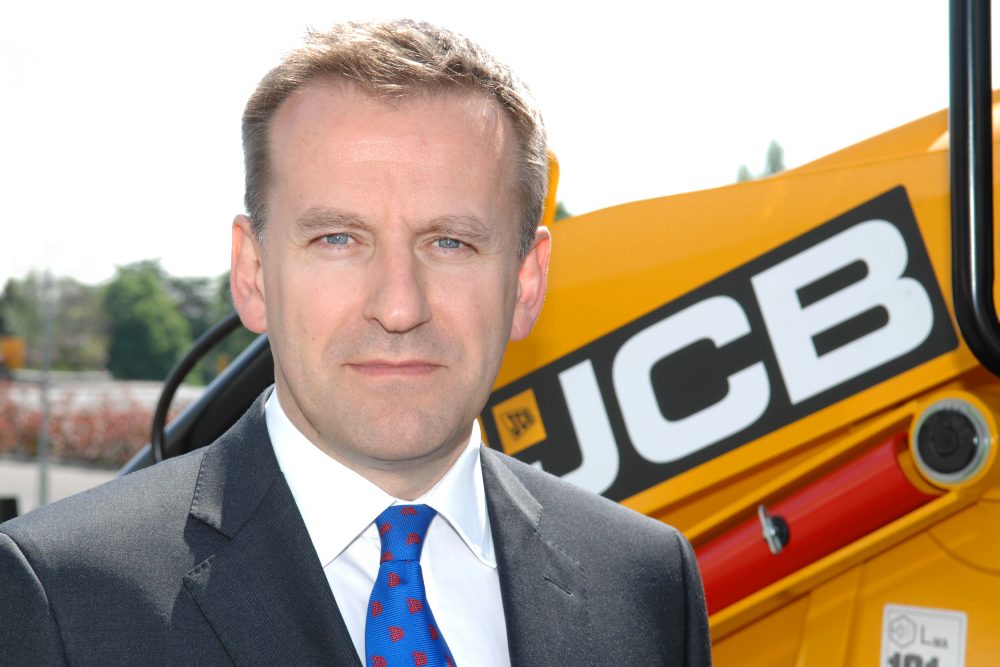
JCB’s investment in new plants, products and customer support continues to underpin future growth and the latest announcements follow the opening in September 2012 of a new £63 million purpose-built factory in Brazil to manufacture backhoe loaders, large excavators and wheeled loading shovels. In recent years, the company’s other investments have included the £40 million JCB Heavy Products factory in Uttoxeter, Staffordshire and the £36 million extension to its backhoe loader plant in New Delhi, India, which is now the largest backhoe loader factory anywhere in the world.
JCB has also invested £40 million in recent years to design, develop and manufacture a completely new range of 17 skid steer loaders and compact tracked loaders at its North American headquarters in Savannah, Georgia.
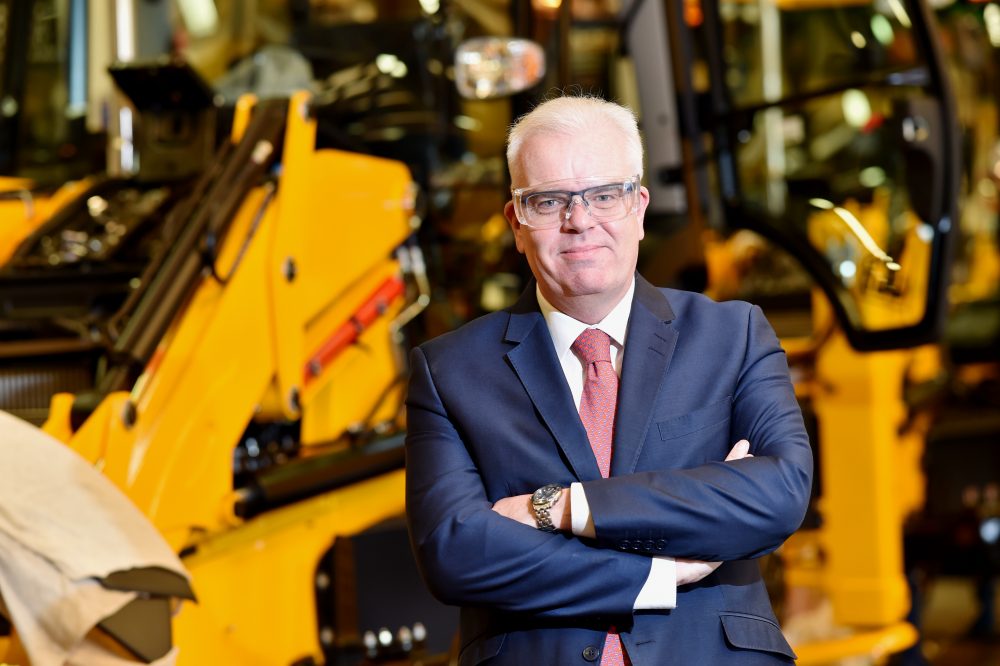
Since 2004 JCB has gone from being a new entrant to engine manufacturing to a major global producer with a fast-growing reputation for delivering fuel efficient new products. JCB is a now leader in innovative clean diesel technology for construction machines used on housing and infrastructure projects. The company is also developing clean technologies for smaller machines used indoors and in public urban spaces and has launched the ultra-quiet 19C-1E, JCB’s first fully electric mini digger.
JCB manufactures more than 300 different machines including: backhoe loaders; Loadall telescopic handlers; tracked and wheeled excavators; wheeled loading shovels; articulated dump trucks; rough terrain fork lifts; mini excavators; skid steers loaders and compaction equipment. For agricultural markets, the company produces a range of telescopic handlers and the unique Fastrac tractor. JCB also manufactures the Teletruk forklift for the industrial sector and has recently unveiled its first electric model which means the machine can be used both indoors and outdoors.
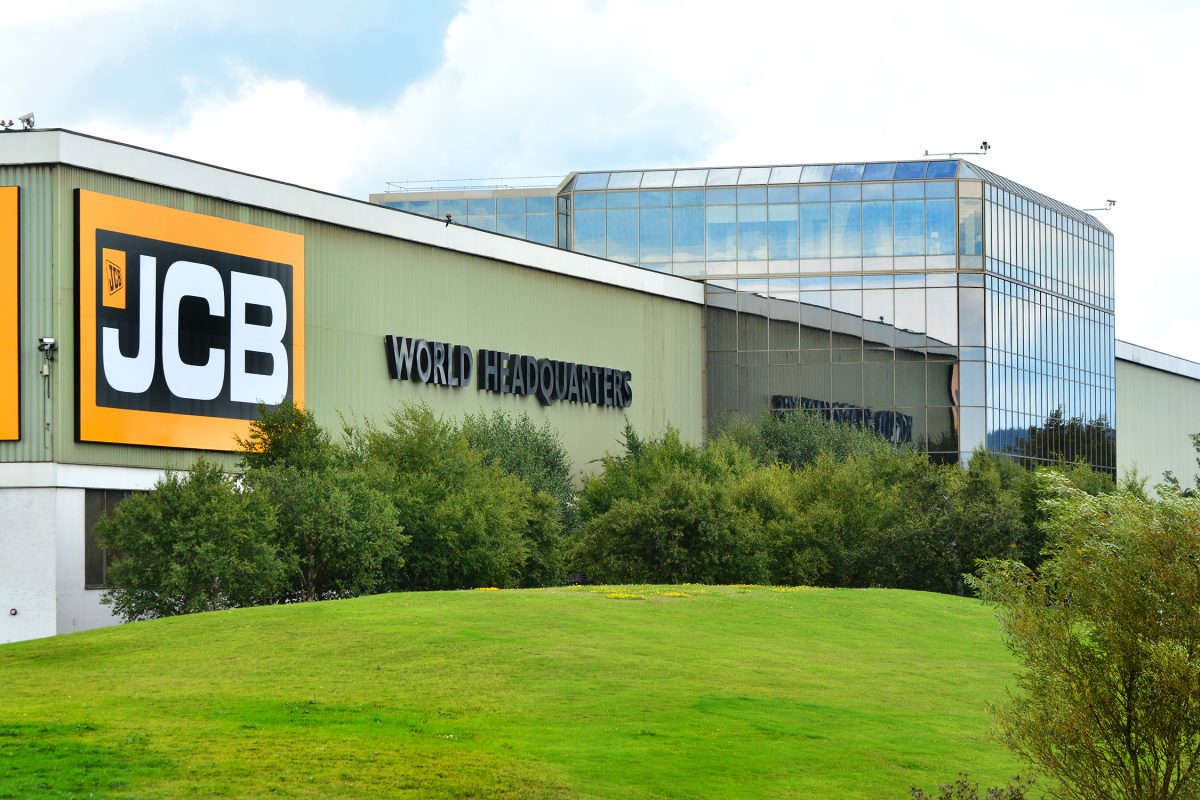
JCB has also established a comprehensive generator range of 77 models. There are 19 standard build power outputs from 8-600 kVA, with bespoke builds from 860-2350 kVA. This covers both 50 and 60Hz, single and three phase technology.
JCB has won more than 50 major awards for engineering excellence, exports, design, marketing, management and for its care for the environment. Among them are 30 Queen’s Awards for honouring innovation and exports.




